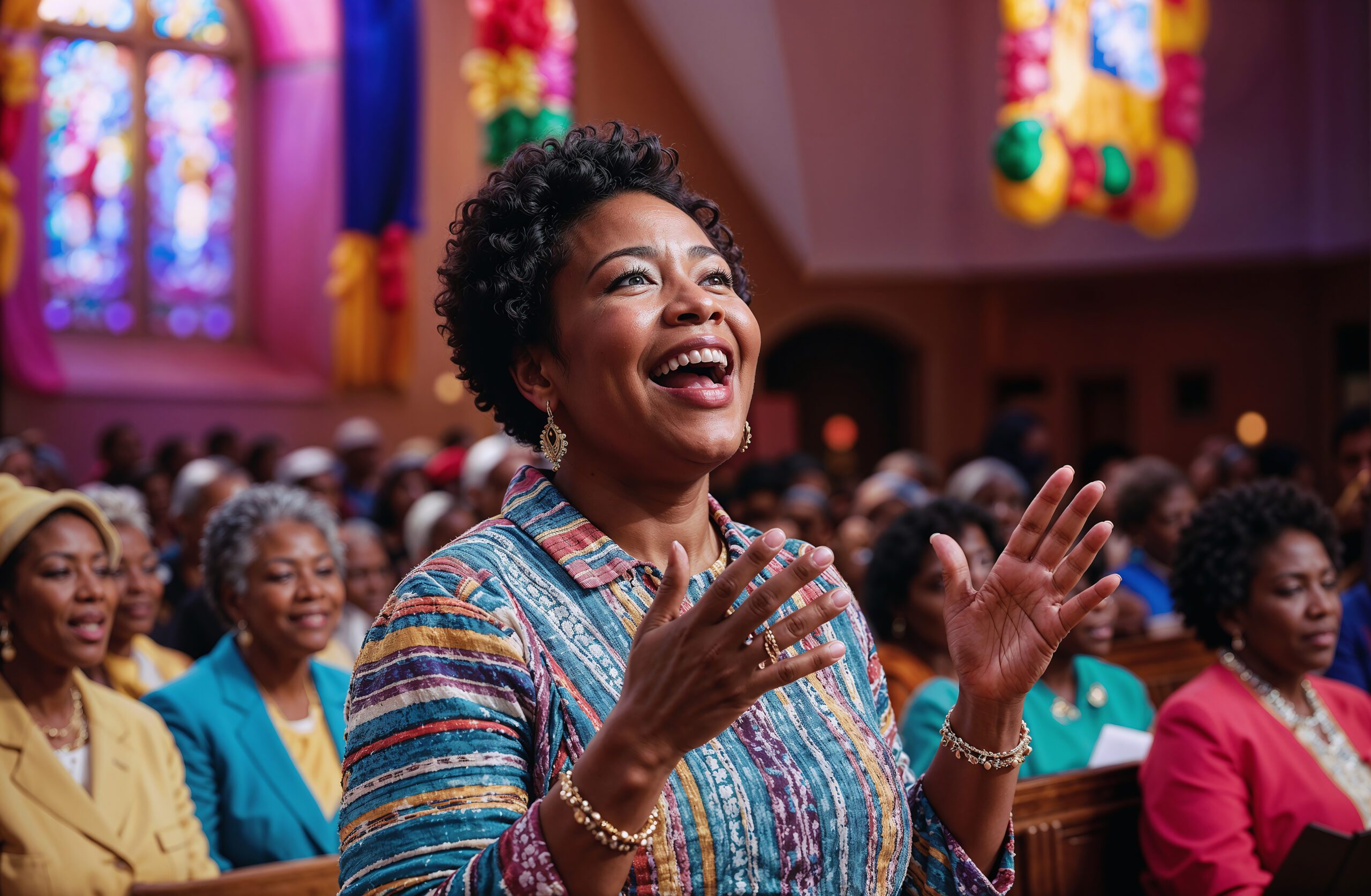Why Tech-Wise Churches Are Essential in the Digital Age
In “The Case for Tech-Wise Churches,” Brad East argues that the greatest challenge facing churches today is not external ideologies, but the unchecked influence of digital technology. As churches mark five years since COVID-19 forced them to adopt livestreaming, many are now navigating the long-term impact of digital tools on worship and community life. East contends that the Church must become more intentional about how it integrates technology—carefully balancing innovation with faithful ecclesiology.
The Digital Dilemma
East critiques the addictive nature of modern technologies—built to hijack attention and foster dependency—and observes that churches have often accommodated these tools without critical reflection. Unlike adjustments made to protect recovering alcoholics (e.g., offering grape juice in communion), churches rarely acknowledge digital addiction in their congregations, despite its widespread presence.
Toward a Tech-Wise Church
Rather than abandoning technology, East calls for churches to become “tech-wise,” a term inspired by Andy Crouch’s The Tech-Wise Family. He outlines three guiding commitments for churches:
-
Choose Character: Prioritize spiritual maturity over digital visibility. Churches must train believers to engage the digital mission field thoughtfully, equipping them with character and oversight before platforming them online.
-
Shape Space: Recognize that physical buildings and sanctuary design impact how people experience worship. From lighting to handcrafted furniture, church spaces should promote participation over consumption, resisting the trend toward screen-centric worship.
-
Structure Time: Establish weekly and seasonal rhythms that help congregants inhabit time faithfully. Practices like following the church calendar, communal Bible reading plans, and Sabbath observance can counteract the temporal chaos of constant connectivity.
Digital Resistance and Discernment
East urges churches to embrace digital resistance—not to reject technology outright, but to wield it in ways that support the Church’s mission. Effective digital tools can enhance in-person ministry through websites, video content, and logistical support, but should never supplant embodied presence. Technology must remain a servant to the Church—not its architect.
Ultimately, tech-wise churches will recognize that their calling is not to entertain or digitize endlessly, but to cultivate spaces where the gospel is preached, community is experienced, and lives are transformed—in real time and real life.
For more details, refer to the original article on The Gospel Coalition.
News via Inbox
Stay ahead in the fast-evolving world of church technology with our Newsletter! By subscribing, you will gain access to a wealth of information and resources designed to keep you informed and empowered.






